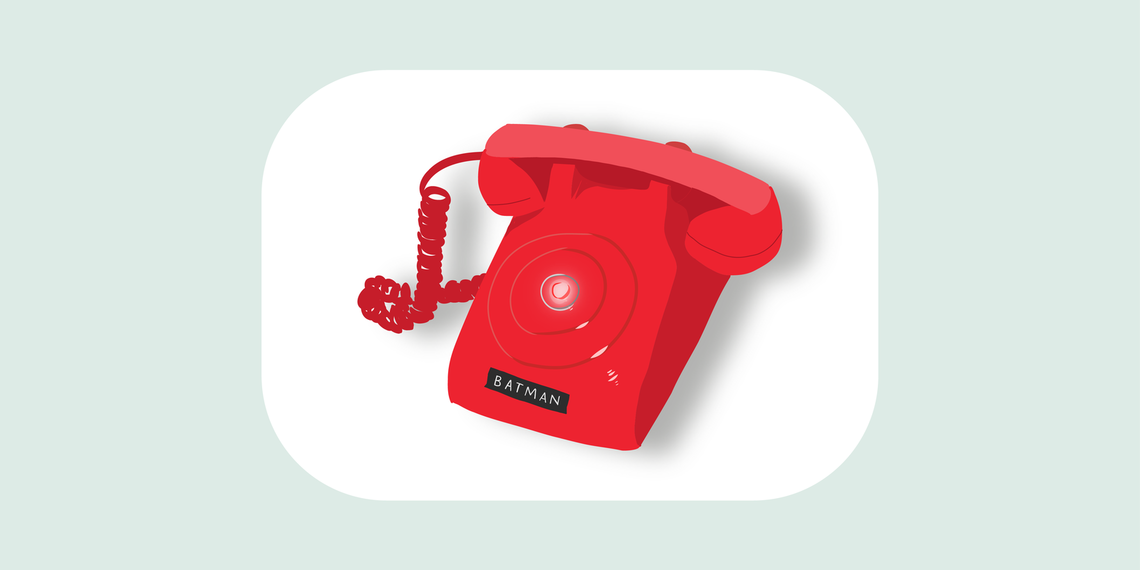CALL-UP Psychiatry Consult Service
Consult Hours:
Mon - Fri: 12:00 pm to 4:30 pm
(We are closed on holidays)
Utah Medical Professionals, please call: 801-587-3636
Feel free to email us with questions - Callup@hsc.utah.edu
Click here to learn more.
ntil now, patients have often shouldered the burden of their mental health alone. Our primary care and pediatric providers, who represent the front line of support for patients, have battled limited resources, funding and decentralized psychiatric care. In a push to reinforce our colleagues and provide equal access to world-class mental health experts, the University of Utah Health has joined forces with the state to create the Consultation Access Link to Utah Psychiatry (CALL-UP).
What is the CALL-UP program?
We know that many primary care providers and patients have developed an amazing rapport. In a lot of cases, patients have seen the same doctor their entire lives. Our program prioritizes keeping patients with the people who make them feel most comfortable.
In the spirit of augmenting the quality care that practitioners already provide, the CALL-UP program offers accessible psychiatric consultations by phone.
At CALL-UP, we provide quick and reliable access to a variety of mental health experts. We guarantee that a psychiatrist will be available to receive calls from 12:00 pm to 4:30 pm, Monday through Friday. PCPs and pediatricians can speak directly with a specialist who will answer difficult questions, offer diagnostic or medication recommendations, and suggest additional resources.
What to expect when you call
When you contact us, a member of our team will gather basic demographic information about you and your patient. Since state funding requires this step, we appreciate your patience.
Next, we will transfer your call directly to a psychiatrist who will complete your consultation. Our team will answer questions about common emotional and mental health disorders like sleep issues, school refusal, anxiety-related concerns and more. We also provide treatment recommendations and diagnostic clarification when necessary.
Tips for busy providers:
Have someone call ahead for you – It’s okay to have your MA or nurse initiate the call for you and submit the patient information. They can then hand off the phone to you or we’ll give you a call back.
Get therapist recommendations – Many calls are simply a request for trusted referrals near a patient’s home. We’re happy to help with that as well.
Build your mental health chops – The real magic of these consults is not that it helps with just one patient. Each time we connect with you, your comfort level expands—improving your ability to manage the mental health challenges of other patients.
Jeremy Kendrick
James Stamos
Mckenzy Schiffman
Leaders at U of U Health face a challenging task when their employees encounter emotional crises or seek mental health support. Uncertainty about the appropriate steps is natural, but this quick guide offers tailored tips and resources to swiftly connect employees to the necessary support and care, ensuring their well-being is prioritized.
Establishing work/life boundaries as a clinician is easier said than done. Family medicine physician Stacey Bank and social worker Christina Cackler of the Intensive Outpatient Clinic share how to establish healthy boundaries based on individual team member needs.
Physicians Peter Weir and Benjamin Lewis discuss the therapeutic use of psychedelics in mental health. Diving into the history, scientific data, and trends, they explore how psychedelics can help people with mental health conditions such as depression, anxiety, and trauma, to name a few.
